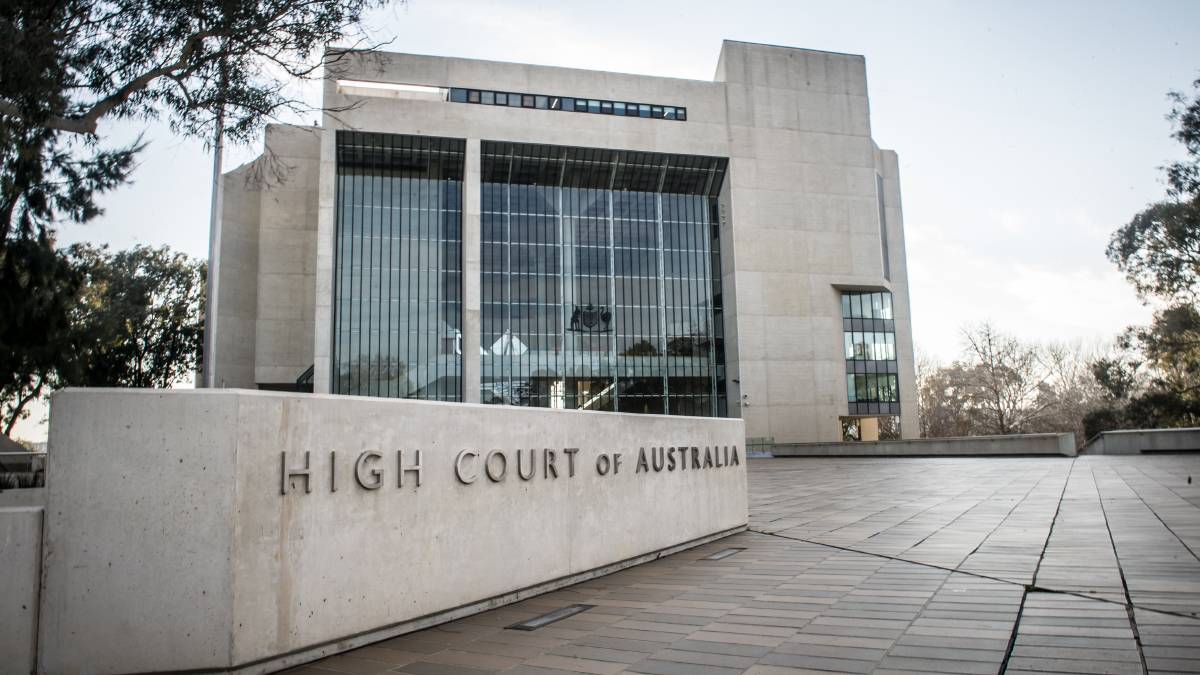
THE HIGH Court of Australia has dismissed an appeal made by a group of sorghum growers against seed company Advanta Seeds.
The judgement found Darling Downs growers, Andrew Jenner, trading as Mallonland Pty Ltd, and ME & JL Nitschke Pty Ltd, failed to argue Advanta Seeds (then Pacific Seeds) had a duty of care to them and others who purchased a sorghum seed product, MR43, between 2010 and 2014.
The parties initially launched a class action against Advanta Seeds in 2017, purportedly representing about 100 sorghum growers from Queensland and New South Wales.
The growers claim the sorghum seed was contaminated with shattercane, which corrupted the growth of the sorghum crop as well as future crops grown in the paddock.
They argued that about 28,000ha of land was impacted by shattercane infestations, causing about $105 million in losses.
Following losses in Supreme Court of Queensland and the Court of Appeals, the growers successfully sought special leave to appeal the case in the High Court in October last year.
The High Court held the one-day hearing on March 6.
The judgement, released on Wednesday, sided with the lower courts in finding Advanta Seeds did not owe the growers a duty of care, and therefore could not be found liable for any alleged negligence in the supply of contaminated seed.
The court found the information and warnings printed on the product’s packaging “legitimately and clearly” conveyed to growers that the seed had a minimum purity of 99 percent and could contain up to 1pc of other plant matter.
“No duty of care could arise…because an integral part of the process of producing seed of a particular type with a particular potential for impurities (including other seeds) included the warnings on the packaging about the very matter, the potential for impurities (including other seeds), that eventuated and caused the economic loss,” the judgement said.
Despite ultimately finding against the plaintiffs, the court agreed that it was “reasonably foreseeable that the growers would suffer economic loss if reasonable care was not taken in the production process of the grain sorghum seed”.
The High Court also did not question findings of lower courts that Advanta “failed to meet the standard of care that a reasonable producer would have exercised” by failing to grow-out the contaminated seed at the originating production block.
“It is also no longer in dispute that the producer’s failure to act with reasonable care in the production of the contaminated seed caused the claimed economic losses to the growers.”
However, the court also found that a “critical fact” in the case was that Advanta “did not know that the seed it placed into the market for sale was contaminated”.
“The producer knew that if it did not take reasonable care in its production processes, there was a risk that an ascertainable class of persons…would suffer economic loss if the seed contained an off-type seed with a shattering characteristic.”
The judgement also acknowledged that Advanta said it was not aware of a “material risk” that the MR43 seed was contaminated by shattercane “let alone that it was so contaminated”, nor that previous seed produced had been contaminated by that particular sorghum off-type.
Source: High Court of Australia

HAVE YOUR SAY